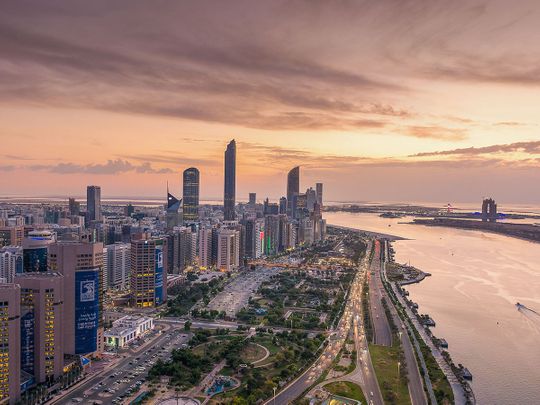
Abu Dhabi: A new law that regulates liquid discharge into the marine environment from land-based activities has come into effect in Abu Dhabi Emirate.
The regulation is implemented by the Environment Agency — Abu Dhabi (EAD), the emirate’s environment sector regulator — and it aims to preserve the quality of marine water and sediment. The regulation also sets standards for environmental impact assessment studies and environmental licensing applications, and strengthens the enforcement of EAD standards for development and industrial projects.
“The executive regulation regarding marine water quality was developed to reinforce the regulatory and supervisory framework that EAD seeks to implement in coordination with all stakeholders in the emirate. These environmental standards apply for ambient marine water and sediment in protected areas, as well as in public areas outside designated marine protected areas; they now considered the first of their kind in the region,” said Dr Shaikha Salem Al Dhaheri, EAD secretary general.
“The regulation also includes standards for liquid discharges from land-based activities to the marine environment — another first of its kind for Abu Dhabi. These standards have been developed based on international best practices for the protection of marine ecosystem and public health. In addition, the regulation includes measures to overcome the deterioration of marine water quality, and alternatives for sustainable management of liquid discharge,” she added.
The issuance of the regulation is therefore part of the efforts made by EAD, the competent authority responsible for preserving and sustaining the environment to respond to these challenges, while improving environmental performance indicators in Abu Dhabi.
Other measures
Dr Al Dhaheri said the new regulation accompanies other EAD efforts. “Other efforts include protecting the marine environment in designated areas, preserving marine biodiversity, and enhancing fish stocks to help achieve food security, which is also in line with the UAE’s strategy plans. EAD also contributes to enhancing the role of the fishing communities, and ensures the sustainability of fishing activities,” she said.
The new regulation will be implemented in stages over the next two years, and its enforcement will then be assessed to understand its impact. A series of awareness measures will also boost familiarity with the new regulation among the community.






